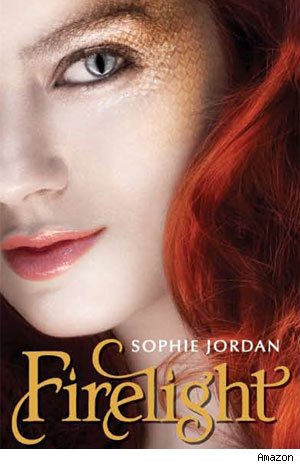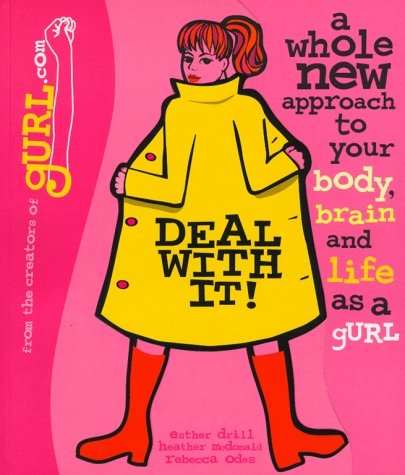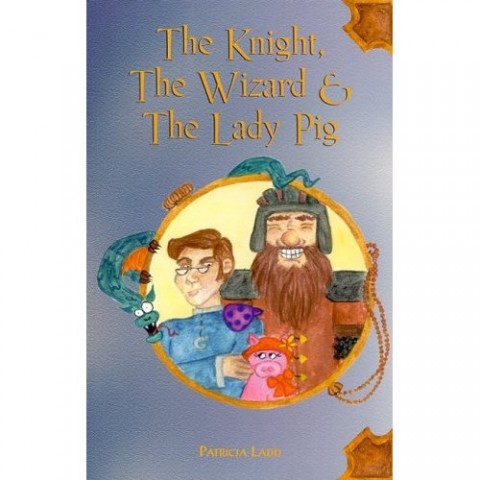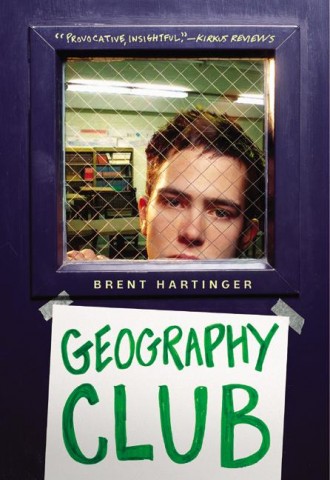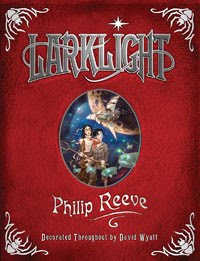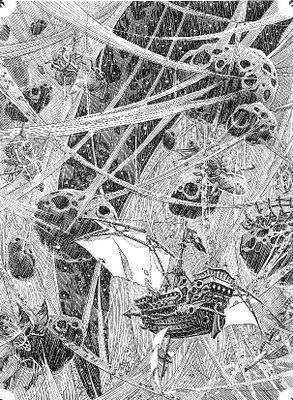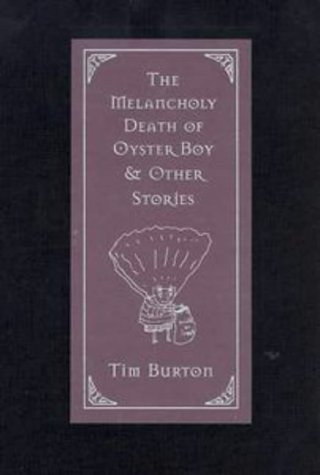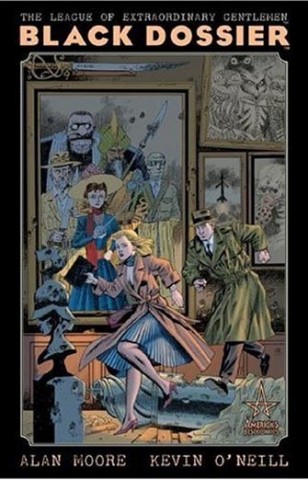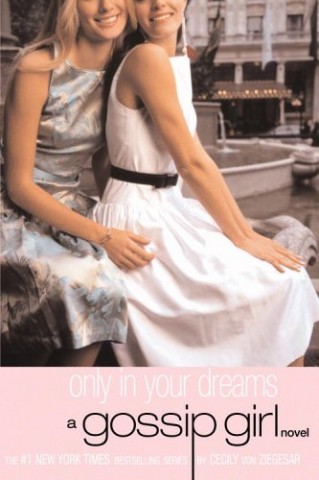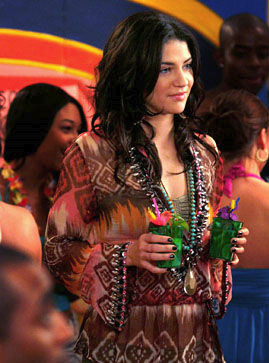I cannot even begin to express to you how I felt when I first saw this book. First there’s the cover:
Not quite Twilight-style-random-thing-on-black, but close. Then there’s the title. Firelight! It’s like Sophie Jordan isn’t even trying to disguise her main motivation for writing this book. Her notes probably look like this clever two step process that I myself have written down many times while trying to plot a plan for my future:
1) Copy Stephenie Meyer
2) RICHES
Because, let’s face it, if SMeyer can do it, anyone can. She has rejuvenated my cynical lack-of-faith in the publishing industry, and in society in general. Anytime anyone starts grumbling about how they can’t succeed in life because of some kind of drawback they can’t overcome (socio-economic status, fashion sense, a basic understanding of English grammar) I will now say “NO, turn that frown upside down, because you too can be a world famous millionaire author! Look at Stephenie Meyer!” It really has given me hope.
So, anyway, I am basically in love with Sophie Jordan for at least attempting to follow through on my so-far-unattempted life plan, AND by including people who can turn into dragons (or dragons who can turn into people?) while doing so. I will never get tired of anthropomorphic dragons. NEVER.
Before the amazing Twilight tribute fanfic that is Firelight, Sophie Jordan was best known for her many bestselling paranormal and historical romances. My personal favorite (based on the cover and title alone) is one called In Scandal They Wed. I kind of wish her first YA title had followed a similar theme and gone with something more like In melodrama they drowned or In Twilight they tried to cash in. These are mere details however, that can’t detract from the amazingness that is Firelight. It’s almost like Mega Shark vs. Giant Octopus but in book form. And about teen girl dragons instead of slutty scientists. And takes place in a high school instead of under the sea. So not really alike at all, except they both made me realize that to be a success I need to concentrate less on skill and talent and being good at things and more on writing scripts so bad they are amazing. Here is the amazing plot of amazingness:
Jacinda (yes, JACINDA, contain yourselves) lives in a tribe of draki, people who have somehow descended from dragons. They can take human form and some of them have magical powers, but their numbers are dwindling from hunters and inbreeding. Jacinda is super special because she can breathe fire, and they basically plan to use her to breed more Special Fire Breathing Dragons. Her mother decides to save her from this fate by running away with her and her twin sister. Mom Dragonless hopes that living in a desert will kill Jacinda’s draki self, but Jacinda is filled with righteous rebellion and vows to try to keep it alive. Then she meets a mysterious boy at school who she is wildly, suddenly, crazy in love with, only he happens to be part of the very family of murderous dragon hunters who killed her father! Drama ensues! But mostly just lots of “shuddering breaths” and gazing. You know you love it.
If I had the time or inclination, I could make an awesome comparison chart and show which Firelight characters and scenes correspond to which scenes in Twilight. Oh wait, grad school work is boring. Here you go:
Thirteen Signs that the Book you are reading is, in fact, Twilight
1. Secret Mythical Creature: Check, although it is dragon/dragon hunter, instead of vampire
2. Secret Mythical Creature Kind of Lamer than usual and given weird sparkly attributes: Check, draki are kind of smaller, scrawnier dragons who mostly don’t breathe fire, and have purple iridescent blood, as is stated over and over
3. Love at first sight: Check, Will first sees her in her dragon form but still thinks she’s hot
4. Star-crossed lovers: Dragon Hunter Guy angrily groans that “This is impossible… A hunter in love with his prey”. Sound familiar?
5. Over-described hot guy: “the grooves along his cheekbones deepening”
6. Guy who is “too dangerous” and tells girl to stay away from him repeatedly: Check, “I guess you should stay away from me, too. That’s what I should be telling you”
7. Weird Culty Family: Check, “they’re poison, Jacinda. I can’t expose you to them.” Sadly they are not “vegetarian” dragon hunters.
8. Obligatory Human Friend the Protagonist Uses But Mostly Ignores: Check, her name is Catherine, and mostly she provides info while Jacinda constantly rejects her offers to do something together. Gotta be an Immortal MagicPants to run with this crowd, sister.
9. Having to hold yourself back while making out for fear that Morality will manifest as real life danger: Check, in Twilight it was getting ripped to pieces by your vampire boyfriend, in Firelight it is accidentally setting your boyfriend on fire with your dragon flame-breath
10. Everything that looks like action turns out to be boring: Check. Although there is a brief confrontation between Cassian and Will, it ends abruptly and no one really gets hurt. Although Jacinda is famed for being the first dragon in forever who can breathe fire, she spends most of her time talking about how she “almost” did or exhaling steam.
11. No Plot until the last 50 pages: Firelight is not as guilty of this as Twilight, and Jacinda manages to stay conscious and unswooned for most of the action. The plot definitely picks up the pace towards the end, but then sort of stops randomly. I can’t decide if it’s setting up for a sequel, or the most anticlimactic, weird ending ever.
12. Controlling, abusive relationships: Props for Firelight on this one, because Jacinda is definitely less defined by men and her relationships with them. Will doesn’t try to control her physically or emotionally.
13. Writing style: 7th grade fanfiction: Although definitely not as bad as SMeyers, the word “shudders” occurs oddly often in this novel, especially in the context of things “shuddering past my lips”. Also the line “her amber eyes spit angry fire” is awesome if you take it literally.
